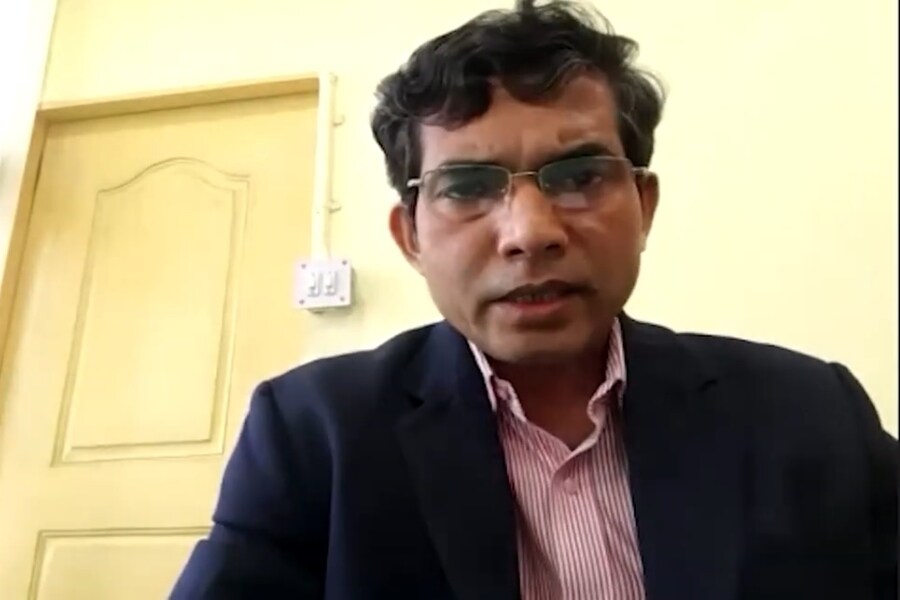
Self management of hypertension
Dr. Niladri Sarkar discusses about various tips of hypertension management & also highlights the importance of management of hypertension
 Hypertension, which is among the most common chronic diseases in adults, is a major cause of stroke, heart disease, and renal failure. About one billion people live with hypertension worldwide, many of whom do not control their blood pressure well, despite the fact that lowering BP lessens the risk of renal and cardiovascular disease. One of the most effective ways of coping with hypertension is through self-management, making patients more responsible for their own care.
Hypertension, which is among the most common chronic diseases in adults, is a major cause of stroke, heart disease, and renal failure. About one billion people live with hypertension worldwide, many of whom do not control their blood pressure well, despite the fact that lowering BP lessens the risk of renal and cardiovascular disease. One of the most effective ways of coping with hypertension is through self-management, making patients more responsible for their own care.
Managing a chronic illness such as hypertension is a time consuming and complex process. You and your informal caregivers are required to make day-to-day decisions about such actions as:
• How to respond to new symptoms?
• What and how much to eat?
• Whether to take the medication? or
• Whether to exercise?




